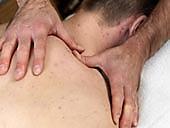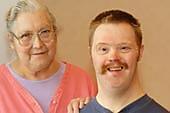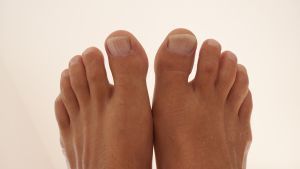What Causes Dizziness?
Defintion
Feeling dizzy is not an illness, but a symptom of something else. Dizziness is a common description for many different feelings. The feeling of dizziness may be very familiar to you, yet difficult to describe. The most common types of dizziness are vertigo and syncope. Vertigo is a medical term to describe the feeling of spinning, whirling, or motion either of yourself or your surroundings. This is the same feeling you might have after getting off a merry-go-round or spinning in place. Several diseases of the balance organs of the inner ear can cause vertigo, or it may be a symptom of a tumor or stroke. While Syncope is used to describe the condition felt when standing up too quickly.
Causes of Dizziness
Dizziness may be attributed broadly to a number of things. Sometimes, doctors find no specific cause, but dangerous causes always need to be excluded, for example
- Heart causes- heart attack, arrhythmia, bradycardia or tachycardia. Weakened, aged or diseased heart muscle. Toxins or drugs affecting the rate or force of the heart beat.
- High blood pressure, usually extremely high causing damage to the brain.
- Low blood pressure which can have multiple causes ranging from diseases of the heart to bleeding disorders that cause anemia to adverse reactions to medications
Brain causes
- Stroke, tumor headache, migraine and hyperventilation
- Fainting (syncope) – A loss of blood supply to the brain causing loss of consciousness, typically after loss of blood output by your heart.
- Many things may trigger the infamous “common faint” – emotions, rapidly assuming an upright position, even urination
- Dementia or senility – Any illness causing confusion or altered state of mind, such as medications, drugs, or alcohol
Medications- almost all medications list dizziness as a possible side effect.
- Blood pressure medications, sedatives, tranquilizers, antidepressants, pain relievers and some antibiotics
- Diuretics, causing dehydration, blood electrolyte changes, heart effects, or direct side effects
Psychiatric reasons such as depression, anxiety or panic disorder
- Hyperventilation, breathing too fast or too deeply, usually from anxiety (This may not be apparent to the patient or to observers. Associated hand and foot cramping increase anxiety and perpetuate a cycle.)
- Somatization- the conversion of a mental illness such as anxiety or depression into physical symptoms. Often times the patient may be unaware of the underlying mental illness and insist that they have only physical complaints.
Aging
- Reduced capacity for exercise or activity
- Reduced ability for the blood circulation to compensate for quickly assuming an upright position
- Harding of arteries (arteriosclerosis) causing decreased blood supply to the brain, heart, and other organs
- Weakness and deconditioning
- Neuropathy a progressive dysfunction of the nerves from many illnesses, especially diabetes






